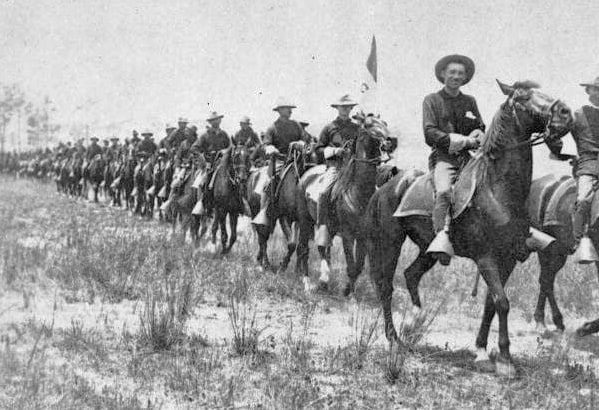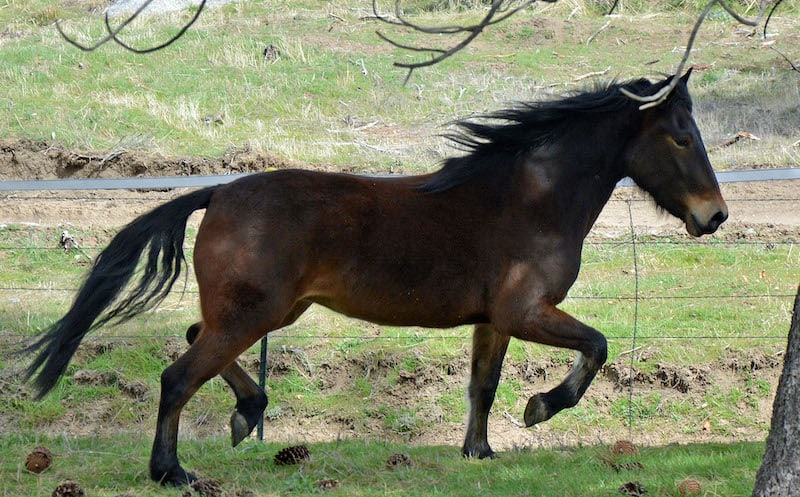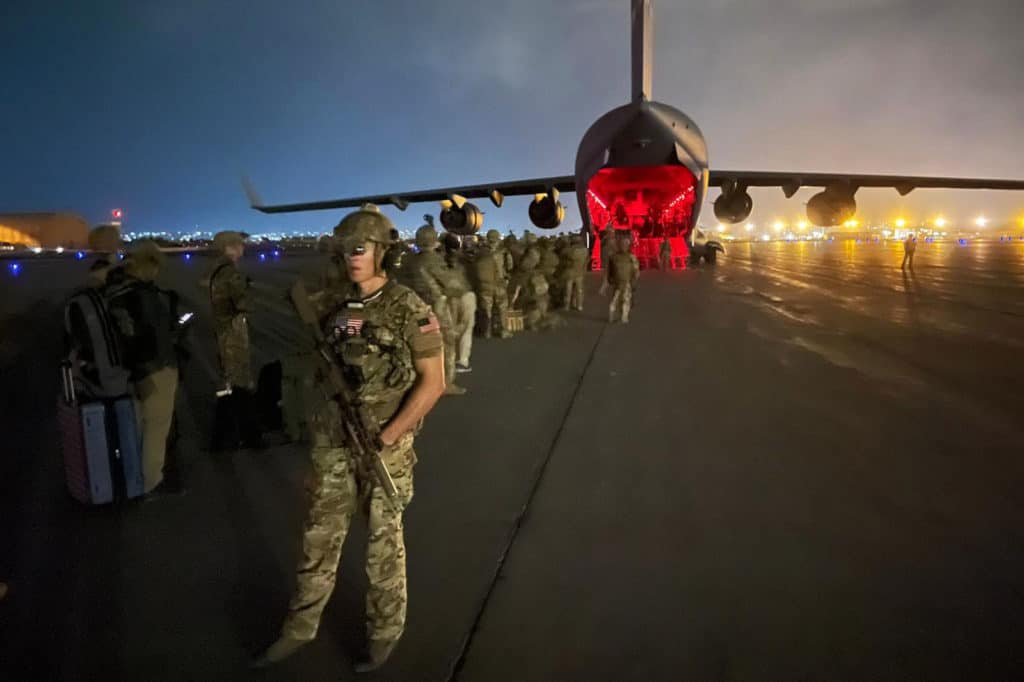U.S. Army Celebrates 245 Years on June 14
Third Cavalry on Parade at Camp Tampa, 1898
This Sunday, June 14th, marks a milestone: the U.S. Army celebrates 245 years of service to the nation. Founded on this day in 1775 when the Continental Congress reached consensus to authorize enlistment of “expert riflemen” to fight the British, the Army is the oldest branch of the military. Army troops are now stationed in 150 countries around the world. Stand tall, Army vets!
I am thinking of those early riflemen, likely hunters and trappers, but increasingly, farmers and tradesmen, forward to the mounted soldiers of the 19th century cavalry, who left their mark in the phrase “horse, saddle, soldier” for the order of care when a soldier comes off a mission.
Where that phrase ends, the National Veterans Foundation begins. We care for the soldier and for his family. As a psychiatric social worker, I served in the Medical Service Corps as a psych officer in Vietnam. When I came home from war in 1970, I struggled through my own uneven transition out of the military, leaving where I’d been raised and heading as far west as I could go. I started working with Vietnam veterans on the streets of LA in 1972.
I am still here—helping Vets transition from the military into civilian life and helping them find the treatments and resources they need to lead productive lives. Over the years, I’ve helped PTSD attain legitimacy as a diagnosis, and seen the development of numerous modalities of treatment.
Interestingly, the horse has come back into play. From its importance as a tactical force and logistical support, the horse is now playing a therapeutic role. Horse, saddle, soldier.
Randall Harris, founder of War Horse Creek, has taken it a step further. Located in the San Jacinto mountains about a hundred miles from Los Angeles, War Horse Creek uses rescued wild mustangs in an immersive reintegration training program to assist male and female veterans in their transition from military to civilian life. Many of these mustangs are descendants of former cavalry horses that were turned out when they were no longer needed, and left to fend for themselves in the wild. Mustangs are survivors, wily, vigilant, smart, tough and resilient – characteristics they share with veterans.
At War Horse Creek, the line between the rescuer and the rescued is blurred. For mustang and vet, there are issues of empathy and trust on both sides. It’s a fascinating and deeply moving process to watch how the space between them is negotiated and then navigated as trust begins to form.
Emmylou, from the Devil’s Garden herd management area. Photo by Lynne Mall.
Harris says the mustangs are deeply empathic. “They mirror whatever inner state you’re in as you approach them, even if you’re not aware of it. If a Vet enters the ring with turbulent feelings—anger maybe, or fear—that’s what the mustang will display back. Then the veteran can recognize and process the core issue. Building of trust and empathy takes time, patience and compassion. It’s a somatic experience, not an intellectual or verbal one. I’ve seen it work over and over.”
I’ve seen it too and experienced it with Rand and Ray Barmore, the War Horse Creek equine manager. They tell the story of a female veteran, a military trauma survivor, who’d been through multiple programs to deal with her post-traumatic stress without permanent relief. Her first time at the sanctuary, she unknowingly walked straight up to Libby, a 1400 lb. mustang who had been traumatized early in her life. Libby came to the sanctuary very reactive and wary of strangers. Somehow she sensed the veteran’s trauma, and they connected. Libby was unusually gentle and accepting with her, even letting her put her arms around her neck. Our hearts were in our throats because Libby is strong enough to toss a person like a rag doll. But Libby was calm and content with the attention, so we let them have their time. An hour and half later, the veteran emerged beaming from the experience, and said it felt like a weight had been lifted from her shoulders. She now visits the sanctuary and Libby regularly, and they have increased their trust and their bond. “There is a reciprocity in the work. With positive experiences like this, Libby has learned to trust, and is now able to work with other veterans.”
Harris, a Marine vet, left opportunities in the corporate world to create War Horse Creek. Harris and Barmore have developed a program specifically for veterans called “Collaborative Horsemanship.” Once the 30-day program is up and running, vets who complete the program will be qualified horsemen and women, able to work with horses professionally if they decide to go that route.
There’s something about the circularity and reciprocity in all this that is very satisfying for both horse and human. This Sunday, in the ring at War Horse Creek, mustangs and vets will come together again in a renewed partnership.
The horse was a key part of military culture for most of our nation’s history. They pulled caissons and artillery and of course many were bred as cavalry mounts. It’s fitting that the descendants of horses that carried our forefathers into battle will now help bring our veterans home.
The NVF salutes all vets, but especially our Army Veterans on June 14, Flag Day. To the U.S. Army, Happy Birthday!
If you know a Veteran who needs help, here’s our Lifeline for Vets hotline: 888.777.4443.
You can be a part of our mission to help Veterans by making a tax-deductible donation!
About the Author
SUBSCRIBE TO OUR BLOG AND NEWS!
By submitting this form, you are granting: NATIONAL VETERANS FOUNDATION INC permission to email you. You may unsubscribe via the link found at the bottom of every email. (See our Email Privacy Policy for details.)
Related Posts







